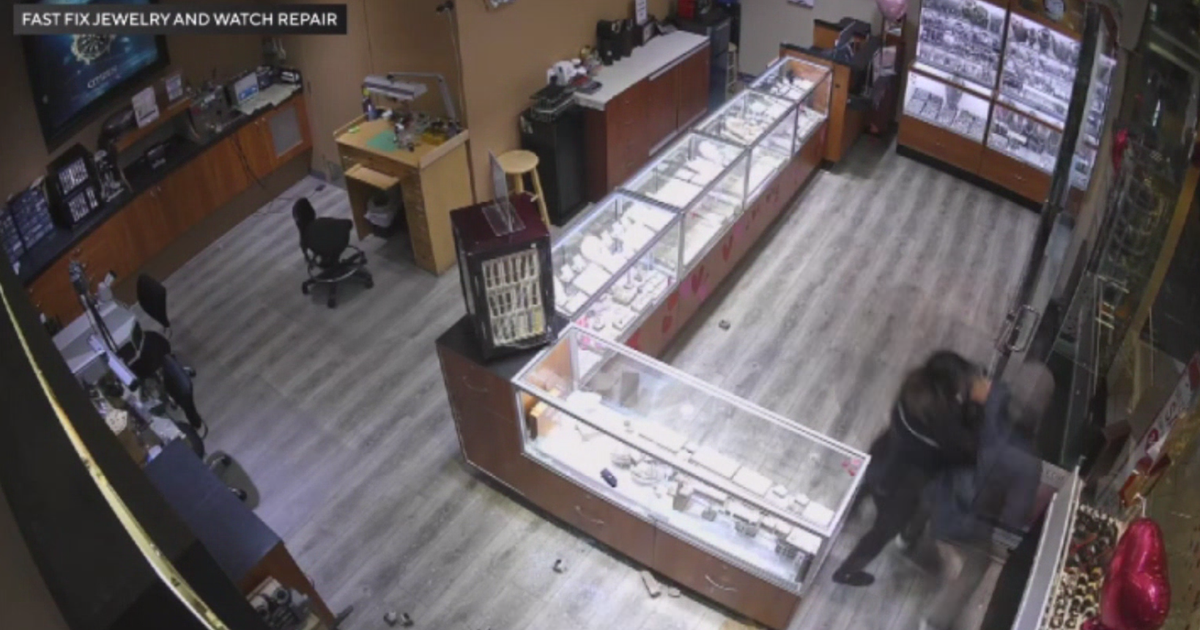Nassau County Vows Transparency To Fight Corruption
MINEOLA, N.Y. (CBSNewYork) - Nassau County is struggling to recover from the corruption verdict against its highest office holder.
Now, the new executive is trying to overcome corruption by adding initiatives toward transparency and holding political appointees accountable.
On the streets of Nassau County, voters learned of the latest attempt by their district attorney and county executive to restore faith in government after decades of broken trust.
"Our residents are sick and tired of a culture of corruption that allows grifters and special interests to line their pockets on the county dime," said Nassau County Executive Laura Curran.
All 700 Nassau political appointee policymakers are now required to submit financial disclosure forms electronically, allowing the board of ethics to monitor conflicts of interest or abuse of power. Those forms were previously submitted on paper, left unchecked in cardboard boxes.
"Digitizing the process for financial disclosure will not only streamline and update an antiquated system, but will help prevent future corruption in Nassau County," Nassau District Attorney Madeline Singas said.
"Government, it's inherent by virtue of the way they operate, lends itself to corruption. It's just a big, bureaucratic red tape machine," said Civil Service Employees Association president Jerry Laricchiuta.
Nassau's largest public union says it welcomes any anticorruption tools.
Voters claim the code of conduct for insiders has been well known in Nassau County: Do something for me, I'll do something for you - cashing in, with no shame.
They point to the faces of Nassau politicians and public officials charged with crimes ranging from tax evasion to bribery, and say they are jaded.
"To be honest, I don't think there's such thing as ending corruption," one person said.
"It's so corrupt that even if someone honest goes in, they get manipulated," another said.
Following the guilty verdict of Nassau's former executive Ed Mangano, the Curran administration, hired an outside firm to inspect all county contracts, removed vendors' anticompetitive fees, appointed first chief procurement and contracting officers and banned accepting gifts from county vendors.
"I do have faith in the system and how it works," one person said.
"I do believe everybody deserves a chance," another said.
The jury is out, they say, whether transparency can make a difference.
The state has collected disclosure forms electronically since 1998.







